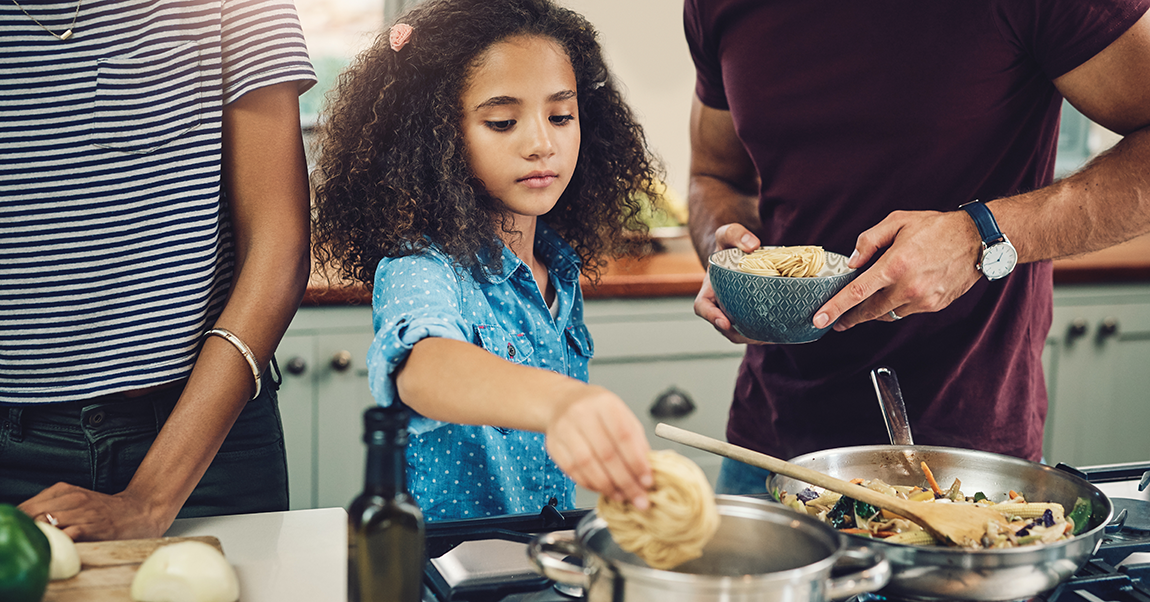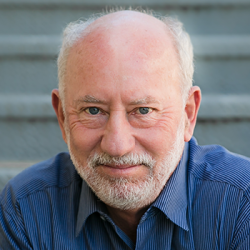
A few weeks ago when school closures were looming, I sent out the call to our National Faculty.
I asked for tips and ideas for families who would soon be trying to support remote learning at home, or perhaps interested in using Project Based Learning themselves to keep their kids engaged and active. And wow did our team deliver!
The PBLWorks National Faculty is the stellar group of teachers, school leaders, and consultants—now over 90 strong and based all over the country—who lead our PBL workshops. They also provide follow-up support to schools, coach teachers, and contribute to the creation of our professional development services and project library. They’re now facilitating our workshops online during the COVID-19 pandemic.
I’ll be sharing some of the tips from our National Faculty in an upcoming post on Edutopia. Meanwhile, here are two of the more detailed ideas they offered, plus one from a PBLWorks staff member.
3 Ideas for Families for Projects at Home
Let the Kids Become Teachers
from Heather Wolpert-Gawron
When teaching from home, it’s really important to vary between digital and analog activities especially for students with IEPs. For this reason, I’m ensuring that some of our lessons pull my boys away from the screens. Since PBL is all about choice and creation, this time has become a crazy and unexpected PBL opportunity for my family. In my little make-shift one-room schoolhouse for my 13-year old and 9- year old, we’re doing a couple of things. For one thing, they are role-playing as teachers themselves.
My 8th grader is in charge of running PE class for the family. In fact, he’s kicking our butts! He creates obstacle courses using all the equipment he can find, but he modifies for my injured foot and for my youngest son’s age. My 3rd grader is now our art teacher. He thinks ahead of the skill we’re building on, and gives us choices... but not too many choices. We still share the same goal. For instance, he gives us the choice of what medium to use, but we still have drawn a LOT of dragons. He’s listening to the audiobook Wings of Dragons right now on his iPad. Maybe we can use our phones to create a stop-motion scene from the book with Lego dragons? It’ll be his choice.
Go Around the World in 30 Days
from Erin Starkey
What if we spent the next six weeks at home learning about how global we really are? How might this global pandemic bring us together? Families could choose one country or region per continent (so one country per week, covering six continents in the 6+ weeks). It could take as little as 30 minutes a day for each activity. The goal would be to share the beauty of our similarities (all human, all family units, all have culture, and desire to connect, etc.) and differences (within our similarities, we have different histories, languages, food, etc.) in the final product.
The variance and nuance could increase with age of the student and resources available (all suggestions given could be done from a cell phone). For high school students, the Global Oneness Project Link might provide some direction. This has the potential to be as surface or as deep as students and families are willing to go. The outcome would ideally be students (and their families) gaining a new understanding, respect, and knowledge of people they didn't know before. Bonus: a penpal from one of the six countries studied.
Really this could be whatever students want to make of it, but between Google Tourbuilder, Go Pangea, and social media, there is a great big world to discover and a respect to gain for those around us.
Here are some possible daily activities for each week:
Day One: Food
Find and cook at least one recipe from the country of focus
Day Two: Language
What language is predominantly spoken in this country? Can you find out why? Challenge your family to learn at least 3 words or phrases from the focus country (e.g., greetings, “thank you”, “My name is…”, food, numbers, etc.)
Day Three: Customs
Discover at least one unique custom from this country. Why is this a custom? What makes it special? What is the history of this custom?
Day Four: Learning
What does learning look like in this country? What does a day in the life of a student of your age look like? Are students outside? Inside? Do they have traditional desks, flexible seating, online learning?
Day Five: Transportation/Housing/Economy/Government/History
What does life look like? How do urban/rural students get around? What is the structure of the country’s government? How is it similar/different from yours? Who are the changemakers/mathematicians/scientists from this country? What made them influential?
Create a TV Cooking Show
from Rhonda Hill, PBLWorks Director of District and School Leadership
Pretend that you and your kids are on a cooking show! Have them consider the groceries available/food at hand. Have a conversation about what constitutes a healthy/well balanced meal. Identify the ingredients that you have to use for dinners for the week and ask them to help you come up with new, easy, on-a-budget creations.
Assign roles if you have multiple kiddos. Everyone can play a part! You could take it even a step further and ask your kids to write a script. They can watch a cooking show or two (if accessible) or, review recipes in a cookbook to serve as a model for the kinds of things they should put in their own script. Then, lights, camera, action! Have your kids take on the role of “host” to actually film the dinner making process. You can use iMovie on your cell phone, if you have access to that.
From cooking to serving and enjoying the meal, this project is a great way to get the family engaged in the act of preparing and sharing a meal. If you want to take it a step further, think about who the authentic audience could be. Could they send the video to other people in your family to help bolster creative ideas for “stuck at home” menu planning? Could you do this a few times over the next couple of weeks to then have a video “cookbook” of sorts with your kiddos as curators and chefs? Start up a (virtual) conversation with others who try the recipes to get their feedback on how it turned out.

